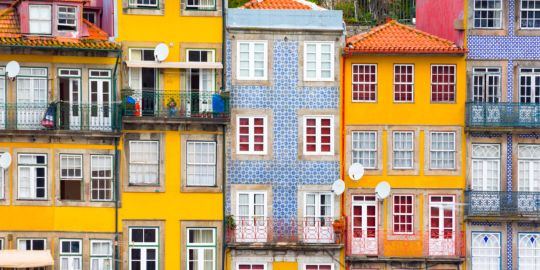Portugal has relatively mild winters but if apartments do not have heating (central or partial), it should be cold and damp inside in winter.
How common are heating systems in Portuguese apartments and how well they work?
Is there any mold growing in some corners where air circulation is poor?
Do locals pay attention to it or they just consider all this inevitable?










